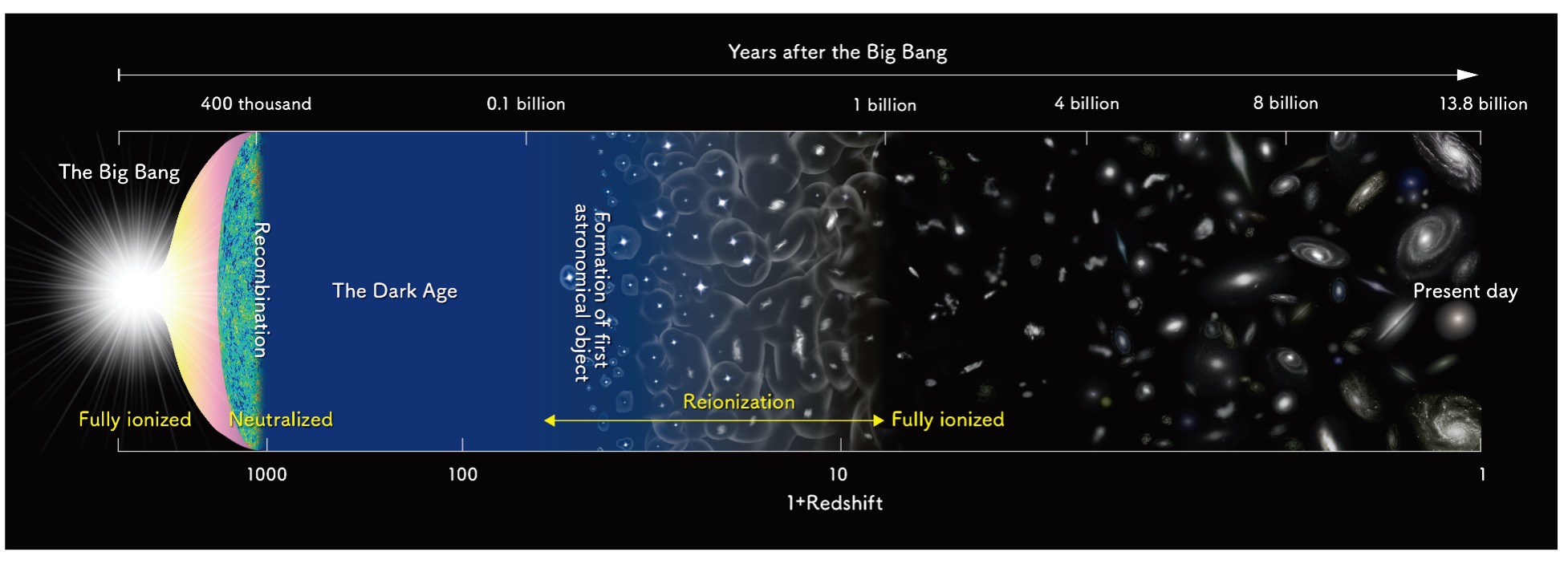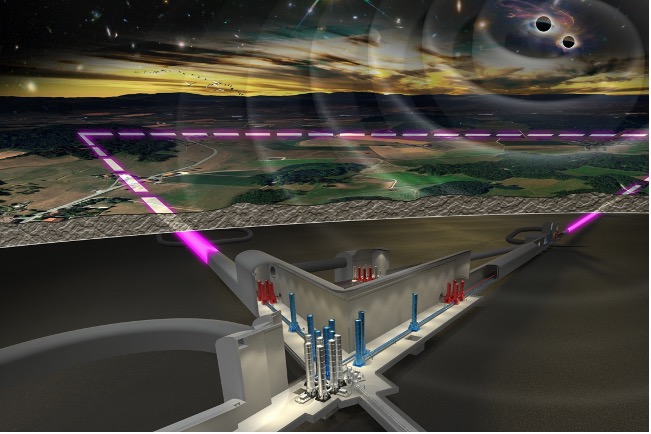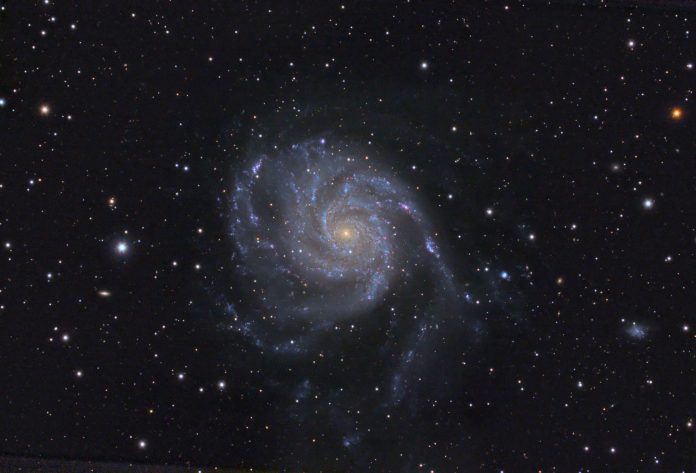Nikhef Researcher Jo Van Den Brand takes us on a journey towards a European gravitational wave observatory with the establishment of Einstein Telescope
Einstein Telescope offers a unique opportunity for Europe to take a leadership position in a new ground-breaking field of science. With gravitational waves, we are at the beginning of a rapidly growing field of science that offers us a whole new way to study the Universe. For centuries, physicists and astronomers could see the Universe by looking at visible light, since 1932 by measuring radio waves, and more recently by detecting neutrinos.
However, with the first detection of gravitational waves in 2015, we are able to measure the vibrations in space and time itself. Gravitational waves will enable unprecedented cosmological observations, probe the densest regions of matter, the earliest stages after the Big Bang and the most extreme distortions of spacetime near black holes. Moreover, this allows us to learn more about the undiscovered dark parts of the Universe.
Einstein Telescope will be an innovative underground observatory for this fascinating research into gravitational waves. It will annually detect up to a million gravitational waves from binary sources distributed throughout the entire Universe, and for the first time, we can see the early Universe. This allows us to study the era before the formation of the first stars: The cosmological Dark Ages (see Fig. 1).
The research itself is fundamental and curiosity driven. To achieve the required extreme sensitivity, Einstein Telescope will push the limits of key technologies such as photonics & light, quantum, nano and digital technologies. And processing huge quantities of data goes hand in hand with the development of data science and quantum computing. This provides ample opportunities for innovations in both the science and technology sector.
Benefits of hosting the Einstein Telescope observatory
The establishment of Einstein Telescope provides Europe with a leading role in the global science field. This gives a boost to “Europe’s branding” as a leader in advanced technology and science. Moreover, this strengthens Europe’s base in fundamental research, designated as earning capacity for the longer term. In addition to direct orders for companies, Einstein Telescope’s knowledge, expertise and innovative technologies can be applied by existing or new companies.


Innovations are already being planned in the field of vibration-free cryogenics, vacuum technology, optical components for longer wavelengths and intensive data processing. In addition, large-scale research infrastructures often provide spin-offs with a broad impact. For example, science at CERN has led to the creation of the world-wide-web and the Medipix sensor technology used for medical imaging, among other things.
At present, site qualification activities are in progress at two site candidates for hosting Einstein Telescope. The border area of the Netherlands, Belgium and Germany (Euregio Meuse-Rhine) is one of the candidates to accommodate the observatory. The other candidate site is located at the Sos Enattos mine in Sardinia, Italy. Whether in the Euregio Meuse-Rhine or in Sardinia, the establishment of Einstein Telescope will lead to strengthening the knowledge ecosystem of the region. Impact studies point to strengthening cooperation between knowledge institutions and companies.
The arrival of the Einstein Telescope will also boost the regional economy as the billions of European investments over a longer period will more than triple the economic added value. Furthermore, the estimated number of both direct and indirect local jobs, will provide the basis for scientific and technical talent development in the hosting region. This is again a breeding ground for the high-tech ecosystem and new innovative businesses.
Gravitational-wave science and the European Strategic Forum for Research Infrastructures
An Einstein Telescope consortium has been formed that consists of about 40 research institutions and universities located in several European countries, including also France, Germany, Hungary, Norway, Switzerland and the United Kingdom. With the political support of Belgium, Poland, Spain and The Netherlands, led by Italy, a proposal to realise Einstein Telescope has been submitted to the 2021 update of the roadmap of the European Strategic Forum for Research Infrastructures.
Great strides have already been made for the candidacy for Einstein Telescope.
Geological research is in progress to confirm the suitability of the soil at the candidate sites, while the economic case has been proven by socio-economic studies. Countries must submit their candidacy for hosting Einstein Telescope by 2024 via announcing a bid book. While the hosting country, or consortium of countries, must carry a significant share of the site-infrastructure cost, it is clear that Einstein Telescope can only be realised with the joint political and financial support from a significant number of European countries.
While the discovery of gravitational waves was made by the LIGO Virgo Collaboration in 2015, we look forward to the realisation of Einstein Telescope by 2035, an innovative new infrastructure that will bring Europe to the frontline of scientific research and will ultimately lead to a better understanding of the origin and evolution of the Universe.
Please note: This is a commercial profile
© 2019. This work is licensed under CC-BY-NC-ND.











